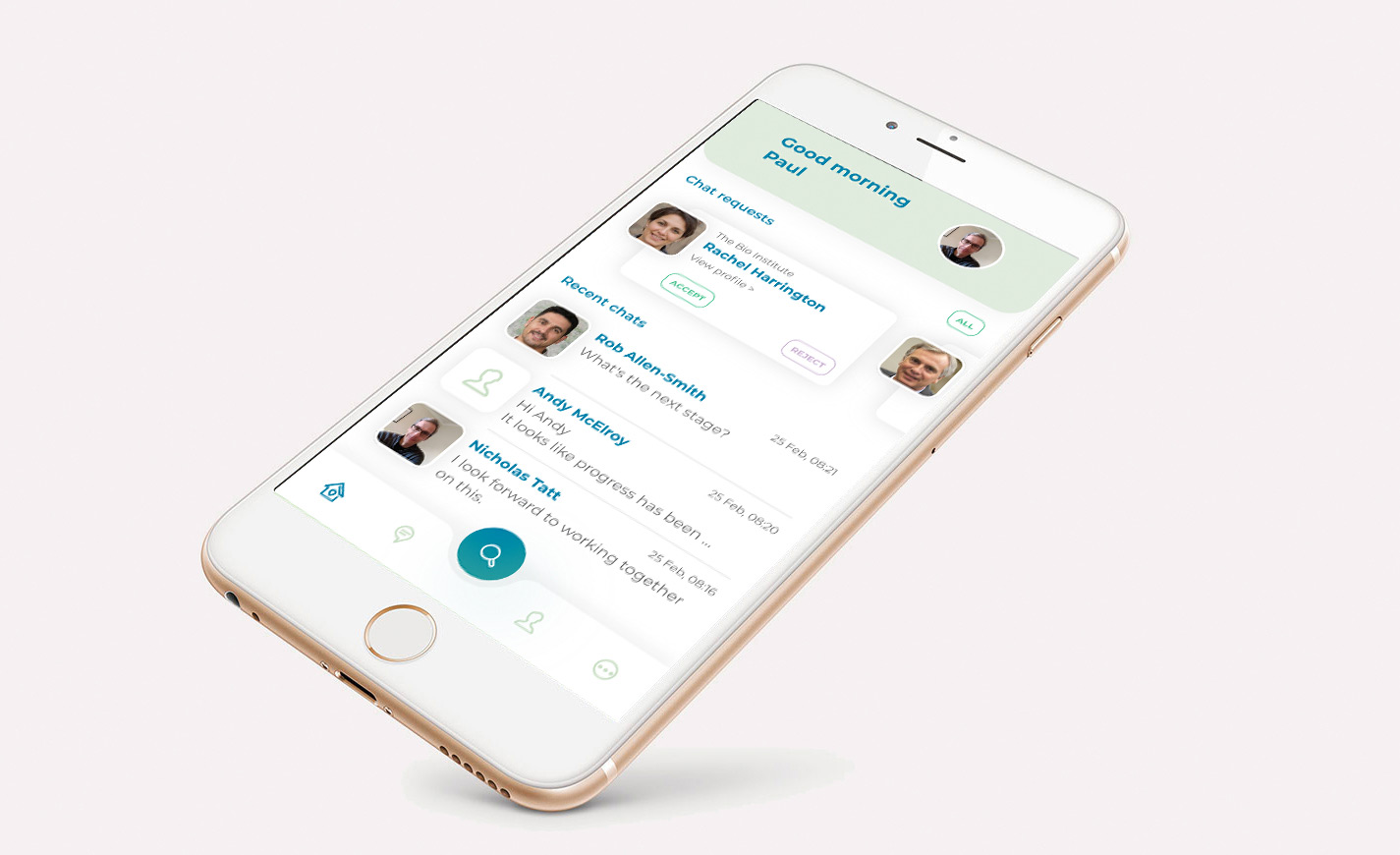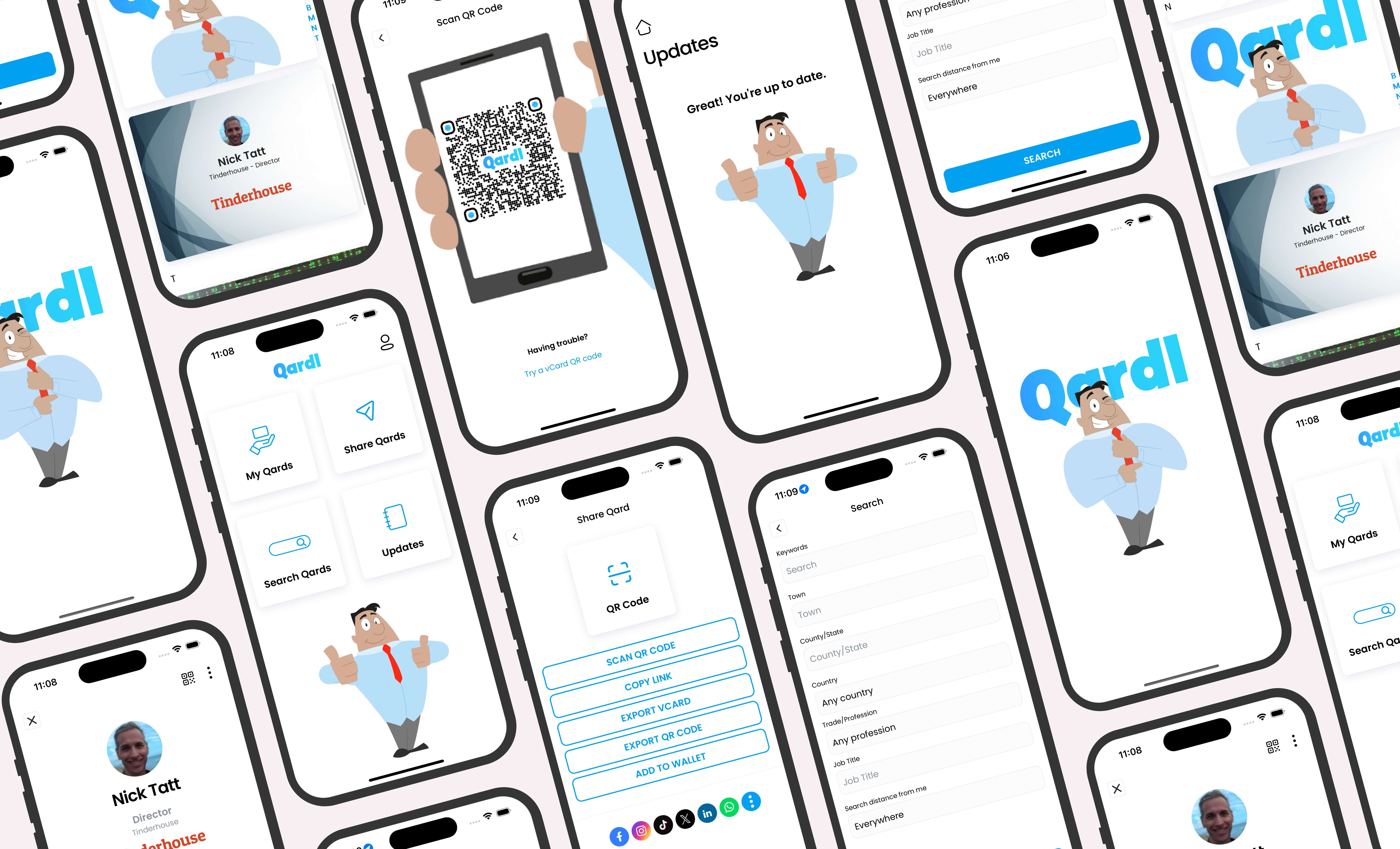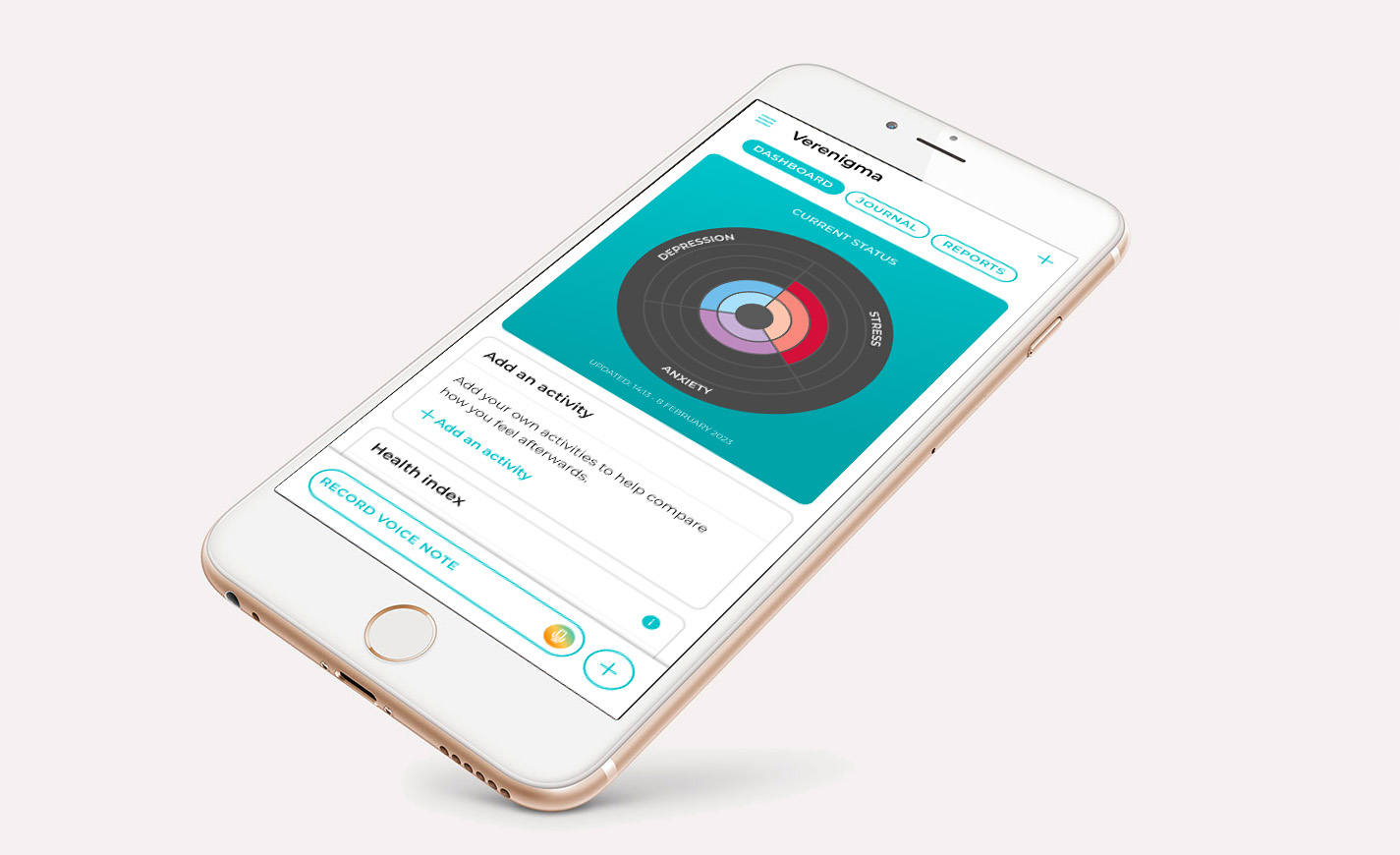Each method offers unique advantages and drawbacks, and choosing between them is a crucial decision for app creators. To make an informed decision, it is essential to understand the pros and cons of each approach.
Engineering high-concurrency mobile systems requires more than just code: it requires physiological and technical accuracy. For our five-year partnership with Team Sky, we engineered real-time telemetry and GPS tracking systems that supported millions of concurrent users during global sporting events (including the Tour de France).
View the full case study: Team Sky
Native app development: Embracing the platform's essence
Native app development involves:
- Building separate applications for each platform.
- iOS and Android.
- Using their respective native programming languages.
This approach ensures the app is tailored to each platform's unique features, strengths, and limitations. As a result, native apps typically exhibit superior performance, user experience, and integration with platform-specific functionalities.
Pros of native app development:
- Optimised performance: Native apps leverage the native libraries and frameworks of each platform, allowing for seamless integration with hardware features and graphics acceleration. This leads to faster app loading times, smoother animations, and better performance.
- Enhanced user experience: Native apps adhere to the platform's design guidelines and conventions, providing a familiar and consistent user experience across different devices. This enhances user engagement and satisfaction.
- Deep platform integration: Native apps can fully utilise platform-specific features, such as camera access, push notifications, and GPS, allowing for more advanced and personalised functionalities.
- Customisation and flexibility: Native app development offers extensive customisation options, enabling developers to create apps tailored to specific user needs and preferences.
Cons of native app development:
- Increased development time and cost: Developing separate native apps for each platform requires more time and resources, leading to higher development costs.
- Maintaining multiple codebases: Managing multiple codebases for each platform can be complex and time-consuming, requiring additional efforts for updates and bug fixes.
- Limited reusability: The code cannot be easily reused or shared across different platforms, limiting scalability and reducing development efficiency.
Cross-platform app development: A unified approach
Cross-platform app development utilises tools and frameworks that enable the creation of apps compatible with multiple platforms, primarily iOS and Android, using a single codebase. This approach offers significant time and cost savings compared to native development.
Pros of cross-platform app development:
- Accelerated development: Cross-platform frameworks streamline the development process, allowing for code reuse and faster deployment across multiple platforms.
- Reduced development costs: Cross-platform development significantly decreases development costs by eliminating the need for separate codebases for each platform.
- Simplified maintenance: Updates and bug fixes can be applied to the single codebase, simplifying maintenance and reducing overall maintenance costs.
- Single team for multiple platforms: A single development team can manage the app across different platforms, enhancing communication and collaboration.
Cons of cross-platform app development:
- Performance tradeoffs: Cross-platform apps may not achieve the same level of performance as native apps due to the framework's limitations and the need to adapt to different hardware and software configurations.
- Limitations in customisation: Cross-platform frameworks may impose restrictions on custom UI elements and platform-specific integrations, potentially affecting the app's overall user experience.
- Potential compatibility issues: Cross-platform apps may encounter compatibility issues with specific devices or operating system versions.
Navigating the decision: A balanced approach
The choice between native and flutter app development depends on the specific project requirements, budget, and target audience. For apps that demand high performance, seamless integration with platform-specific features, and a consistent user experience across platforms, native development may be the preferred choice. However, if budget is a crucial consideration, faster development timelines are essential, and the app does not require extensive platform-specific integrations, cross-platform development can be a viable option.
For businesses testing a new app concept, an MVP approach using cross-platform development can provide a cost-effective way to validate market demand before committing to native development for optimal performance.
Ultimately, the decision should be guided by thoroughly evaluating the project's goals, target audience, and available resources. By carefully considering the pros and cons of each approach, we make an informed decision that aligns with the project objectives.
Need an app or website?
Get in touch to discuss how we can help create an app of your own or find out how our Fractional Product Team can support your development journey from MVP through to scale.













